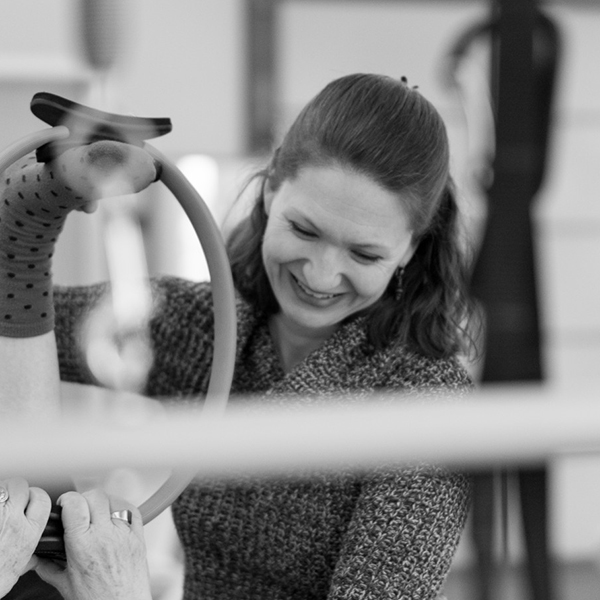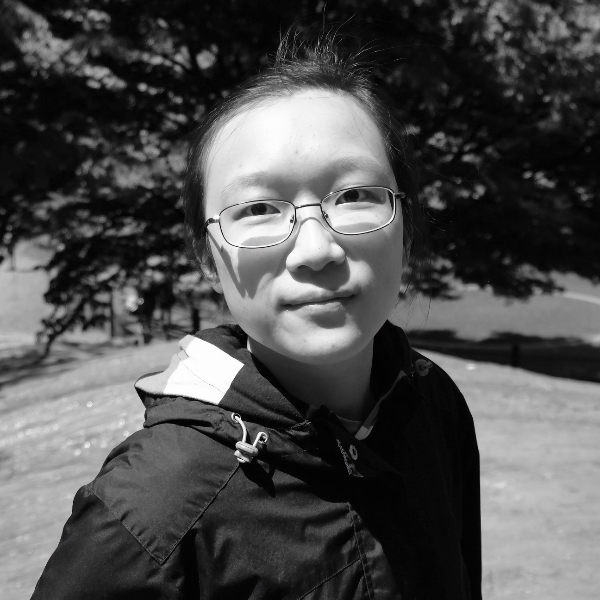
How Tai Chi Improves Balance and Prevents Falls in Older Adults Based on New Research
What is Tai Chi Chuan?
Tai Chi Chuan, often referred to simply as Tai Chi, is a Chinese martial art that integrates slow, flowing movements with deep breathing and mindfulness. Though it originated as a form of self-defense, it is now practiced worldwide for its physical and mental health benefits. For older adults, Tai Chi is particularly appealing because it is low-impact, requires no special equipment, and can be adapted to various fitness levels.
The Systematic Review: What Did It Examine?
The systematic review examined numerous studies that explored the effects of Tai Chi Chuan on balance in older adults. Researchers performed a meta-analysis, pooling data from multiple trials to provide a comprehensive look at how Tai Chi interventions impact this population.
The review focused on several key areas:
- Balance improvements: Tai Chi was found to significantly improve both static and dynamic balance. Static balance refers to the ability to maintain a stable position while standing, while dynamic balance refers to maintaining stability while in motion, such as during walking.
- Fall prevention: One of the most critical outcomes of improved balance is a reduction in fall risk. Several studies within the meta-analysis highlighted how regular Tai Chi practice helped older adults reduce their likelihood of falling.
- Muscle strength and coordination: Tai Chi’s slow, controlled movements help to build lower body strength, particularly in the legs, which is essential for maintaining stability. Moreover, Tai Chi enhances coordination by encouraging a deep mind-body connection.
How Tai Chi Improves Balance
The review identified several mechanisms through which Tai Chi promotes better balance:
- Weight Shifting and Posture Control: Tai Chi's fluid movements require practitioners to shift their weight smoothly from one leg to another while maintaining proper alignment. This weight-shifting exercise helps improve stability and posture.
- Strengthening of Lower Limb Muscles: Many Tai Chi movements, like standing on one leg or performing squats, gently strengthen the leg muscles. Stronger muscles improve an individual’s ability to stay balanced and recover from instability.
- Mind-Body Awareness: Tai Chi also emphasizes mindfulness, helping practitioners stay aware of their body’s position and movements. This heightened awareness improves balance and coordination, reducing the likelihood of falls.
- Improved Proprioception: Proprioception is the body’s ability to sense its position in space, and it tends to decline with age. Tai Chi’s focus on slow, deliberate movements helps enhance this internal sensory feedback system, making it easier for older adults to maintain balance.
What the Data Shows
The meta-analysis concluded that Tai Chi significantly improves balance among older adults, compared to other forms of exercise or no exercise at all. The studies included in the review reported improvements in balance tests such as the Timed Up and Go (TUG) test and the Berg Balance Scale (BBS). These tests measure how well participants can transition from sitting to standing, walk a certain distance, and maintain stable positions during various activities.
Additionally, the findings showed that Tai Chi could reduce the risk of falls by up to 43% in older adults, with regular practice over 12-24 weeks. This makes Tai Chi one of the most effective and accessible ways for older individuals to prevent falls and maintain independence.
Join Us for Tai Chi at Tula!
Looking to experience the benefits of Tai Chi firsthand? At Tula, we offer both private and group Tai Chi classes. You can schedule a private session with us Tuesday through Friday, or join our group class every Wednesday at 3 p.m. All classes are led by Matt Leve, an experienced Tai Chi instructor and Tula’s senior physical therapist. Our group class is suitable for all levels, especially for those seeking to improve balance, strength, and overall well-being.
Come join us in our peaceful, safe space and take a step towards better health!
For more information and to book, visit our website or give us a call (212) 604-1316.
Book Online
Have you been to Tula before?
Existing Patient Information
Looking up patient...
Looking up your information...











